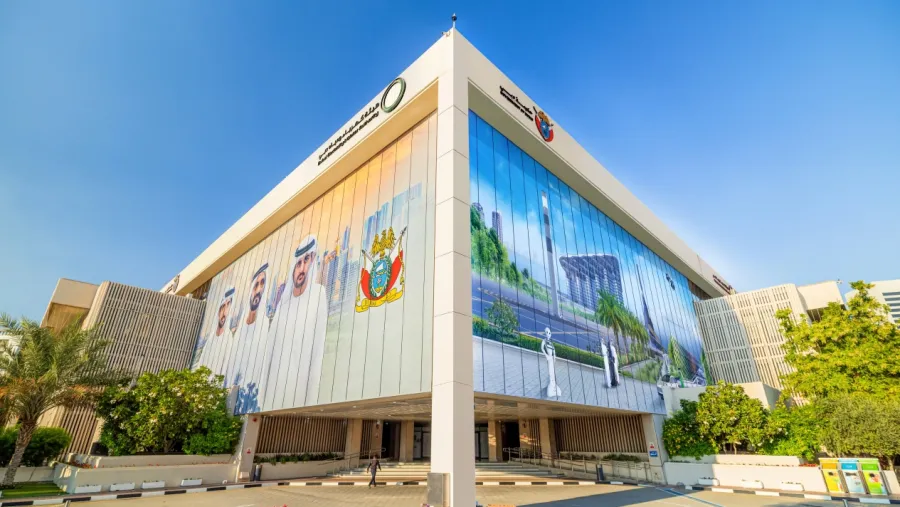
DEWA honoured at Asian Power Awards 2024
The company’s ALPS and Distribution Smart Grid Automation projects demonstrate DEWA's commitment to providing exceptional energy infrastructure and shaping the future of the energy sector.
Dubai Electricity and Water Authority (DEWA), a leading global sustainable and innovative corporation, won two awards at the 2024 Asian Power Awards in Singapore.
The prestigious event, now in its 20th year, honours exceptional companies that have taken game-changing steps to address the effects of the climate crisis and meet the growing demand for energy. It also provides a platform for industry players to network, share their experiences and learn from one another.
DEWA won the Innovative Power Technology of the Year - UAE award for its Actual Load Profiles Simulator (ALPS) and received the Smart Grid Project of the Year - UAE award for its Distribution Smart Grid Automation projects.
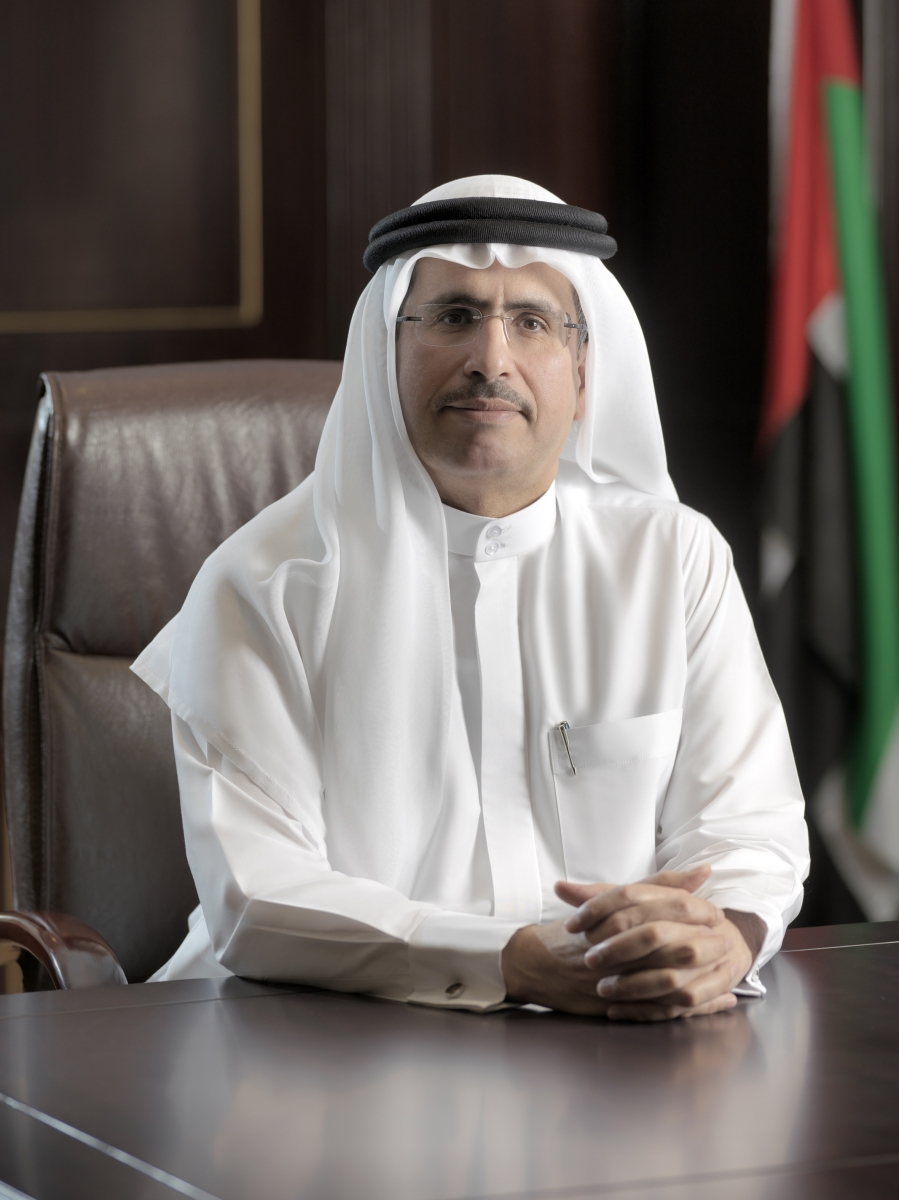
HE Saeed Mohammad Al Tayer, MD & CEO of DEWA, said: “We are committed to providing exceptional energy infrastructure to meet the needs of sustainable development in Dubai. This includes establishing electricity, water, and renewable energy projects that adhere to the highest international standards of efficiency, availability, and reliability. DEWA's achievement at the Asian Power Awards underscores its pivotal role in Dubai's plans to increase clean energy use, harness digital transformation and smart grids, and leverage disruptive technologies of the Fourth Industrial Revolution to advance the Emirate's energy and water sectors. In line with our vision to become a globally leading sustainable and innovative corporation, we strive to shape the future of local, regional, and global energy sectors. We achieve this through government-led innovation and by embracing the Fourth Industrial Revolution, adopting advanced technologies such as AI, robotics, IoT, and 3D printing to anticipate and shape the future of energy."
DEWA has actively driven innovation in smart grids and other technologies to enhance grid stability, ensure reliable energy resources and improve the efficiency of renewable energy use.
Actual Load Profiles Simulator (ALPS)
DEWA has promoted the installation of Distributed Photovoltaic (DPV) solar installations on rooftops since the launch of its Shams Dubai programme. However, existing Supervisory Control and Data Acquisition meters measured net load profiles instead of actual load profiles for Distribution Feeders Containing DPV Installations (DFDPVI). Based on the average of actual case studies, relying on net load profiles results in the net-peak load being underestimated by 23% compared to the actual peak, which could compromise network reliability. Conversely, estimating the actual peak using traditional methods – by summing the DPV peak and net peak – results in an overestimation of 21%. This can block significant Mega Volt-Amp (MVA) capacity in the network unnecessarily, leading to reduced asset utilisation efficiency. Notably, the loss per 1 MWp of solar capacity can amount to around US$59,000.
Additionally, the increasing penetration of DPV solar installations creates challenges when DPV generation exceeds load demand during high PV production times. This results in durations of reverse current mode measured incorrectly by the directionless SCADA meters, which further complicates the accuracy of measuring actual load profiles and affects network reliability.
To address these challenges, DEWA developed the Actual Load Profiles Simulator (ALPS), an innovative software and hardware system that incorporates AI capabilities, ground weather stations and IT infrastructure to generate actual load profiles for DFDPVI based on available net load data from SCADA meters. The core concept of this system is to simulate DPV generation profiles based on real weather data, then combine them with the measured net load profiles in a time-series manner to produce accurate actual load profiles.
One of ALPS’s key modules is the PV simulation model, which generates DPV production profiles without the need for PV generation meters for each DPV installation throughout the network, which could amount to approximately US$1.6m. This model includes algorithms to identify days when DPV malfunctions occur and to analyse power-factor values. Additionally, upgrading thousands of SCADA meters to give them directional features would require an investment of about US$7m.
DEWA's AI technique powered by machine learning analyses net load profiles. This allows for the detection and correction of daily reverse current modes using extensive learning data. This process – which would typically take engineers about 30 minutes per case – is expedited to nearly instantaneous with AI, with high levels of accuracy.
Given that the total DPV capacity in Dubai has reached 640 MWp, the potential asset savings from applying ALPS could be around US$37.5m to date.
In 2023, ALPS was specifically applied to critical DFDPVI, where estimated peak loads exceeded 80% of rated capacity. This application alone released 58MW of asset capacity, resulting in savings of approximately US$5.7m and high stakeholder satisfaction. Part of the PV simulation model has also been copyrighted in the UAE (UAE: 44-2023).
The operation of the PV simulation model requires estimating soiling levels on PV panels, leading to the development of an innovative prototype called the ‘Soiling Detection Apparatus and Method’. This prototype received two patents, one from Australia (number 2018408878) in 2023 and another from India (number 202027038599) in 2024.
Distribution Smart Grid Automation projects
The Smart Grid represents a significant advancement in the digitisation of electrical networks. This aimed at improving power supply restoration during outages and enabling remote monitoring of electrical equipment through distribution control centres.
Before 2015, the process of restoring power was largely manual, having limitations such as traffic issues, access constraints and a heavy reliance on manpower to cover the DEWA distribution grid within Dubai. To modernise the network, the company implemented Distribution Smart Grid Automation projects, which fully automated the processes of fault location, isolation and service restoration across the grid, including at critical and VIP distribution substations.
This automation not only speeds up the restoration of power to customers but also helps to reduce carbon emissions by minimising the need for field crew patrols. It aligns with DEWA’s vision to achieve Dubai’s Net Zero Carbon Emissions Strategy by 2050, which aims to source 100% of the city’s power capacity from clean energy sources by 2050. Moreover, DEWA continuously monitors emerging trends to identify opportunities and threats – all in an effort to improve the quality of life in Dubai.
The impact of the Smart Grid projects has been significant, resulting in substantial improvements across various key performance indicators. The automation of the restoration process led to a 45% reduction in Customer Minutes Lost (CML), with Dubai recording just 1.06 minutes lost per customer in 2023, compared to about 15 minutes reported by leading utility companies in the European Union.
Additionally, there have been no voltage complaints over the past three years. The average restoration time has decreased dramatically from 14 minutes to just two minutes when managed by a Distribution Control Centre (DCC) operator. Moreover, it is set to be reduced to one minute using the centralised self-healing programme, along with the Automatic Smart Grid Restoration Application (ASGR) that enables fault detection, isolation and power supply restoration without human intervention.
In addition to these, the Smart Grid initiatives have reduced the need for the recruitment of new field crews despite the expansion of DEWA’s grid. At the same time, they have improved safety by allowing operations to be conducted remotely, thus reducing the potential hazards for field staff. Finally, the implementation of distribution automation has minimised unwanted power losses that typically occur during restoration delays.
DEWA is investing AED7b in its Smart Grid programme up to 2035 to maintain its reputation as a leading global sustainable and innovative corporation. This investment also supports Dubai's strategy to become the smartest and happiest city in the world.
The Asian Power Awards is presented by Asian Power Magazine. To view the full list of winners, click here. If you want to join the 2024 awards programme and be acclaimed for your company's revolutionary innovations and initiatives in the power industry in Asia, please contact Danica Avila at [email protected].
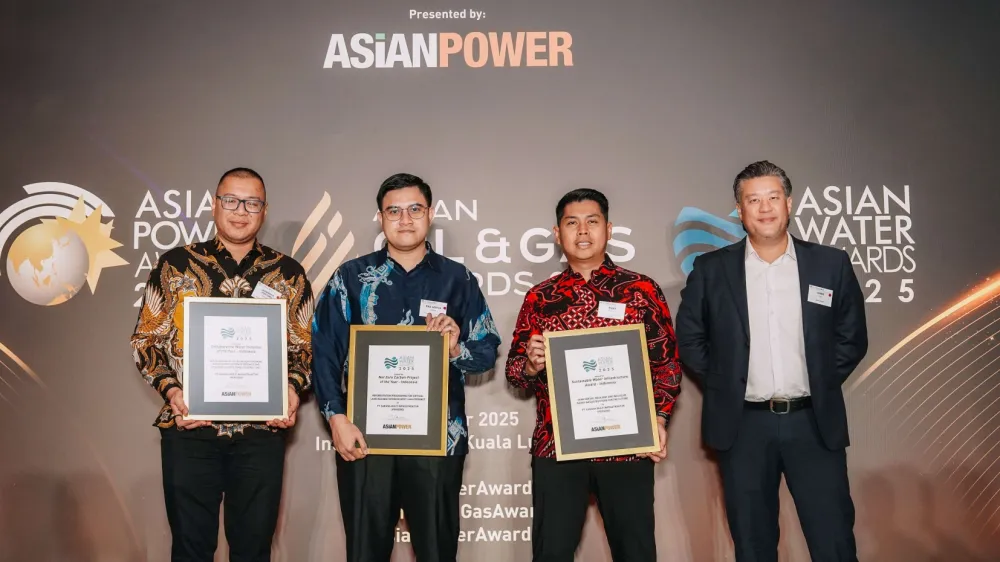
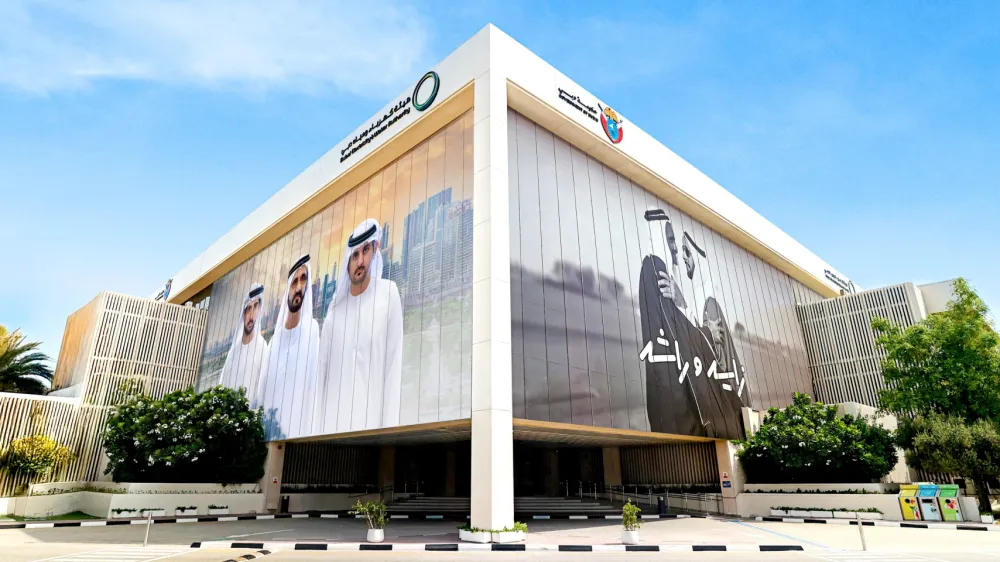
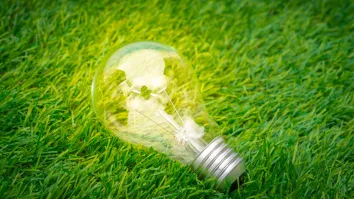
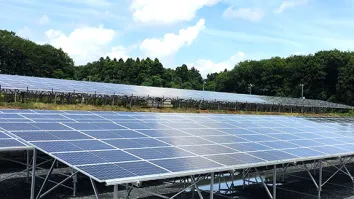
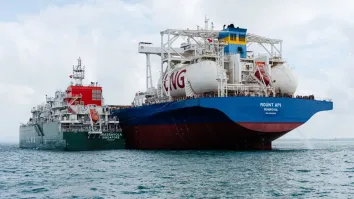
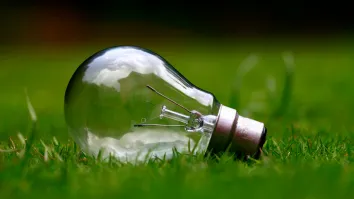













 Advertise
Advertise







